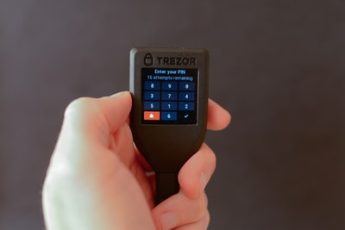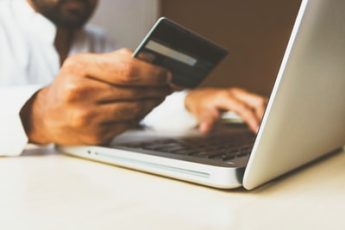Many people now successfully run their bank accounts on the internet, which gives them 24 hour access to their funds. So whether it is a personal or business account, it makes it easy to keep track of how your money is being used. But how safe are you from fraud? Here are some tips to help make your online banking experience a pleasurable one.
1. Protect your password

Use a strong password with a mix of letters and numbers to make it difficult to password surf. To make it even harder, make sure that you enter this password when you are signing up for your bank account online. You should also try to enter it on a secure page, so that you can be sure that no one else can see it.
If you use an email system for your bank, you can sign up for one of their newsletters in order to keep informed of important news or changes in your account. In addition, you can always log into your bank’s website directly to see if there are any changes made.
2. Use protection against phishing
Phishing is a method used by fraudsters to acquire information from people through websites or emails. Usually this involves sending messages to millions of victims under the pretense of being someone trustworthy. For example, an accused Nigerian businessman who claims to have unearthed millions of dollars in a Nigerian bank is heralded as a saviour of great magnitude. However, these claims are false. The businessman is actually only trying to steal the money and has indeed discovered such funds, but has chosen to hide them in a secret bank account. Since the launch of their service, the Gmail group has received plenty of reports of forged emails presumably sent out by the banker, but as this scam has no traceability to Nigeria, it is difficult to be able to do anything about it.
3. Manage your passwords
Know that having a strong password is one of the best ways to keep your banking experience safe. Since this password should be change quite often, having a longer password is advantageous. Make it combination of number and special characters, thus making it difficult to guess. Whenever possible, use alphanumeric characters to further add protection.
You can also choose to write your password down, just make sure that you keep it in a secure place or hide it somewhere that only you can access it.
4. Avoid dubious websites
Cyber criminals are very advanced in creating malware or harmful computer programs that can hack into someone’s computer. When you visit any dubious or suspicious websites, be sure to install the appropriate security software to prevent malicious programs from attacking your PC. Open the browser (like Internet Explorer) and immediately change the security settings to make sure that you are being protected.
5. Keep Paypal and other accounts confidential
If you are using paypal or any other accounts like Credit Card or Debit Cards, you should always log out after completing your transaction so that hackers cannot view your account. In addition, you should check your statements frequently to observe unauthorized transactions.
6. Don’t click on emails from people you don’t know
Phishing is an emerging form of fraud. Some will pretend to be someone you know by clicking on an email link. Never click on this link, but go directly to the financial institutions site to log in. If you think it might be real, try to log in with your user name and password. If you see nothing there and you think it could be spam, forward it to the people who started it.
7. Avoid Nigerian email scams
Spam is another popular method used by scammers. It’s usually sent to millions of people from a single anonymous source. Everyone is suddenly filled with an urgent message requesting them to visit a website (eg. a-league.com) for various reasons and once there, they will be asked to pay certain amounts of money for various reasons. It will either be a money transfer or a fraudulent query via an auction site. You just won’t believe what’s in the email (or if it’s a spoof!!) but is actually a SKEET!!
Also see Nigerian email scams.
A trickier area is making payments via your mobile phone. Almost all payments channels are blocked in Nigeria. Sending cash by text message is also not advisable.
8. If you have a free email account, don’t use it
Non-users are one of the biggest targets of phishers everywhere. So it would be icing to avoid using your Primary email address and using a free email account for registering. Just enable spam detection and you’ll be one step ahead of the scammers.
Finally, it always pays to watch out … you are likely to receive a lot of junk email with some or all of these techniques in it.













